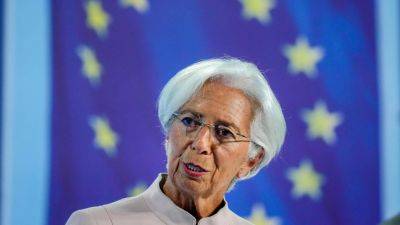The internet is about to get much worse
Back then, he had recorded a session for IBM and later signed a release form allowing the recording to be used in many ways. Of course, at that time, Mr. Marston couldn't envision that IBM A.would use anything more than the exact utterances he had recorded. Thanks to artificial intelligence, however, IBM was able to sell Mr. Marston's decades-old sample to websites that are using it to build a synthetic voice that could say anything. Mr. Marston recently discovered his voice emanating from the Wimbledon website during the tennis tournament. (IBM said it is aware of Mr. Marston's concern and is discussing it with him directly.)
Elevate Your Tech Prowess with High-Value Skill Courses
Offering CollegeCourseWebsiteNorthwestern UniversityKellogg Post Graduate Certificate in Product ManagementVisitNorthwestern UniversityKellogg Post Graduate Certificate in Digital MarketingVisitIndian School of BusinessISB Product ManagementVisitIndian School of BusinessISB Digital Marketing and AnalyticsVisit His plight illustrates why many of our economy's best-known creators are up in arms. We are in a time of eroding trust, as people realise that their contributions to a public space may be taken, monetized and potentially used to compete with them. When that erosion is complete, I worry that our digital public spaces might become even more polluted with untrustworthy content.
Already, artists are deleting their work from X, formerly known as Twitter, after the company said it would be using data from its platform to train its AI Hollywood writers and actors are on strike partly because they want to ensure their work is not fed into AI systems that companies could try to replace them with. News outlets including The New York Times and CNN


























